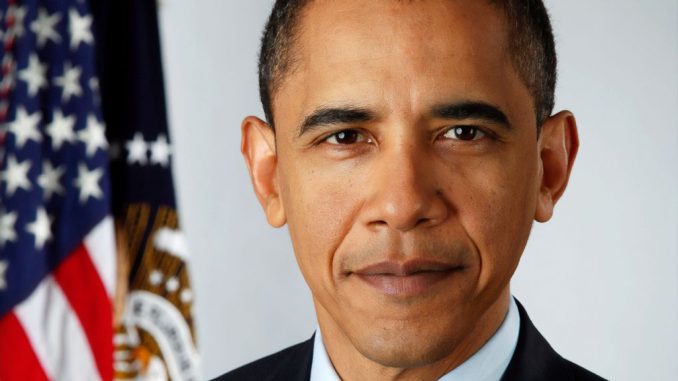
While Cathie Wood’s Ark Investment Management, Meta’s chief AI scientist, and many others think stringent regulations on artificial intelligence will be stifling innovation, former President Barack Obama doesn’t share this opinion.

In a detailed conversation with The Verge, Obama addressed the complexities of regulating AI and the tech industry’s approach to innovation and competition.
Obama, reflecting on his time in office, discussed his early engagement with AI issues and the significance of preemptively addressing the technology’s influence on democracy. He highlighted the necessity for deliberate regulation that enables innovation while protecting the public.
While Obama acknowledged the potential benefits of AI in sectors like healthcare and education, he also offered words of caution, including those posed by AI-generated biological agents or widespread cyberattacks.
He advocated for transparent AI development and flexible regulations that keep pace with the technology’s evolution.
The former president also touched on the tech industry’s own calls for regulation. While he expressed skepticism about their motives, Obama detected a “genuine humility” in tech leaders aware of AI’s profound implications, comparing its importance to electricity.
“In my conversations with the tech leaders on this, I think there is, for the first time, some genuine humility because they are seeing the power that these models may have,” he said.
Obama challenged the view that any technological restriction is fundamentally harmful, arguing for balanced regulations that mitigate risks without hampering AI’s potential advantages.
Obama’s comments come at a time when the debate over AI regulation is intensifying. The interview follows Biden’s recent executive order establishing new standards for AI that have been both lauded and critiqued within the tech community.
Investment firm Ark Invest, led by Cathie Wood, noted that while the executive order could benefit companies like OpenAI and Anthropic, it raised concerns about potentially stifling innovation in smaller, open-source efforts.
Similarly, Meta’s chief AI scientist, Yann LeCun, has been vocal about his opposition to strict AI regulations, comparing them to oppressive historical controls on technology.
In contrast, tech entrepreneur Elon Musk has indicated a willingness to be on the record regarding AI limits despite believing such efforts to be “futile.” His decision to release an AI model Grok, six months after signing an “open letter” calling for a pause on AI systems more powerful than GPT-4, has sparked discussions on the role of industry leaders in AI governance.
Obama’s stance reflects a growing consensus that while AI holds tremendous promise, there must be a framework for responsible development and deployment to ensure the risks do not overshadow its benefits.
Produced in association with Benzinga
